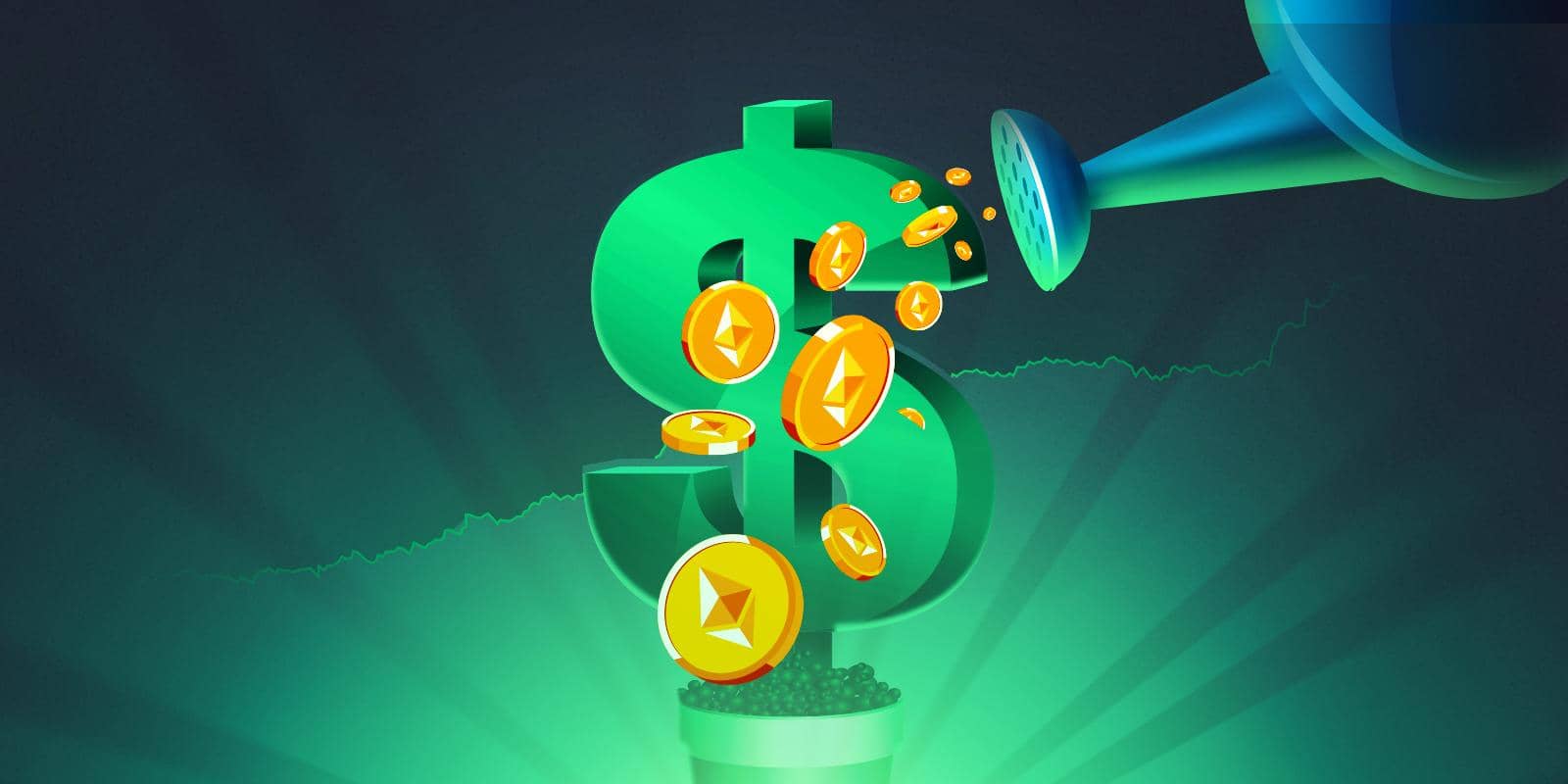How Are Crypto Coins Different From Tokens?
Content
Once tokens are in the hands of purchasers, they can be used in countless ways. These crypto coins are primarily designed to store value and work as a medium of exchange, similar to traditional currencies. This is why crypto coins are also referred to as cryptocurrencies. The terms “coins” and “tokens” are often used interchangeably in the crypto space, but in fact they refer to different concepts. It is easy to confuse them because both fall under the cryptocurrency umbrella term. Basically, cryptocurrency is a digital asset based on blockchain technology, and both tokens and coins fit this definition.
- For example, Crypto.com first had its token, but as it got more popular, it launched its own coin and thus its own blockchain.
- NFTs often carry only sentimental or artistic value, so in a way, they’re similar to utility tokens, except you can’t oblige any services.
- If you are interested in cryptocurrencies, you may be wondering if cryptocurrency tokens or coins make more sense for your investments or trading strategy.
- Coins are often used as a store of value, while tokens are used to power decentralized applications.
- However, this is not necessarily practical or necessary for a specific project.
A fingerprint or iris scan can prove that you’re the owner of the data received. Their application keeps track of encrypted identities on the Ethereum blockchain. It aims to provide a cheaper, more reliable, and more efficient way to check identities. Anyone can make their own custom token on one of these platforms.
Costco’s Best Deals? Employee Reveals 10 Standout Buys for Your Money
Ethereum standards are introduced as Ethereum Requests for Comments . Utility tokens provide their holders access to an application or specific services of a blockchain-based project. They function like traditional stock assets and provide ownership to the token holders. Holders are also entitled to a share of the company’s profits and a right to vote on its major decisions. Equity tokens are issued through an equity token offering process.
The PoS mechanism requires staking coin holdings to verify transactions. In most blockchains, new coins are issued by a process called mining. This article will explain what unique characteristics set coins and tokens apart from each other. As mentioned in the introduction, there are two approaches to explaining coins and tokens. There are two approaches to differentiating between coins and tokens.
Fungible vs Non-Fungible Tokens (NFTs): What’s the Difference?
What they share in common is the use of the distributed ledger technology known as the blockchain. Tokens are financial instruments that represent tradable assets such as digital files. They are mainly how to make your own cryptocurrency used to claim and transfer ownership of the financial asset that they represent. It is possible to purchase tokens with coins, trade them on secondary markets and stake them to earn interest.

A crypto token can represent a share of ownership in a DAO, a digital product or NFT, or even a physical object. Crypto tokens can be bought, sold, and traded like coins, but they aren’t used as a medium of exchange. While crypto coins mimic traditional currencies, crypto tokens are more like assets.
Coins
On the other hand, some marketplaces will accept coins and not tokens. The fact is that coin and token are very much alike on a fundamental level. Past performance is not a guarantee or predictor of future performance.
However, it can be difficult to distinguish between a scam token and one representing an actual business endeavor. The blockchain concept was made possible by the Internet. Instead of having a physical presence, like a corner bank, the blockchain exists on the Internet’s vast network of interconnected servers and clients. Many of the offers appearing on this site are from advertisers from which this website receives compensation for being listed here. This compensation may impact how and where products appear on this site .
Token vs Coin: What is a Token
Follow us to get the best crypto-articles and of course big announcements about CoinBundle. The offers that appear in this table are from partnerships from which Investopedia receives compensation. This compensation may impact how and where listings appear. Investopedia does not include all offers available in the marketplace.
Another thing to note is that coins usually are used for 1 thing , while tokens have various use cases, which can include payments but also other things. For instance, when comparing a coin or cryptocurrency vs. utility token, utility tokens are used to access a product or service. In summary, a crypto coin is an asset that’s native to its own blockchain. Examples of crypto coins include Bitcoin, Litecoin, and Ether – since all of these coins exist, operate, and function on their own blockchains.
Operate on their own blockchain
ICOs from outside of the U.S. might be difficult to research. One such token was BananaCoin, issued as a fundraiser for banana plantations in Laos. Investors were told they could exchange their tokens for an equal value of bananas or funds after launch.
What Is A Crypto Token?
If a gamer is willing to spend dollars for an in-game skin or weapon, the theory goes, surely that gamer would pay Bitcoin, Ether or another digital currency for an NFT. New and https://xcritical.com/ different forms of tokens are also coming into existence, but their purpose varies. The owner of a transactional token can use it to transfer money, to avoid steep bank fees.
